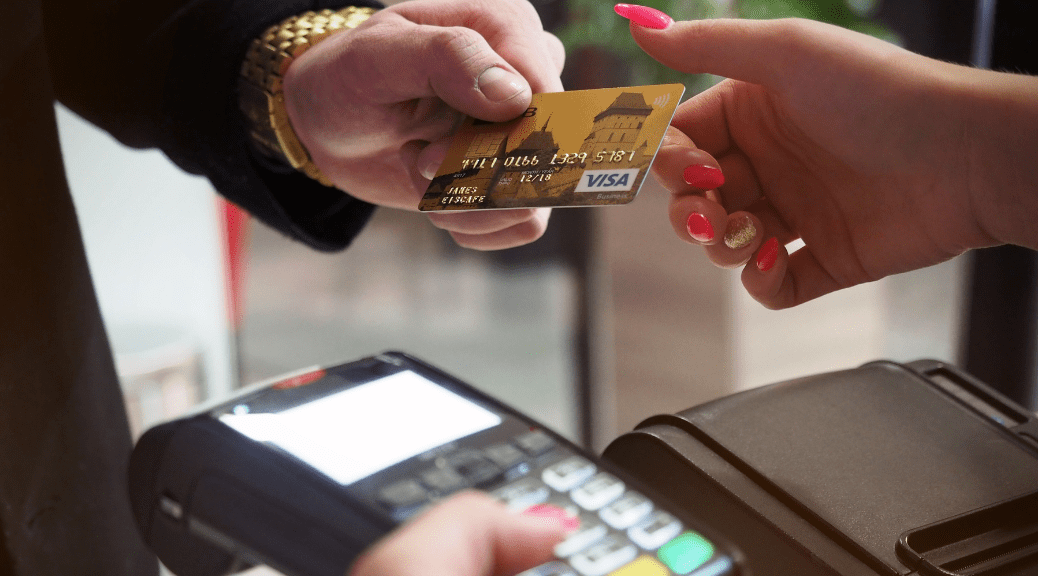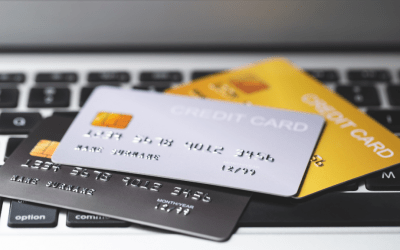1. Pay off your balance every month
2. Use the card for needs, not wants
Remember your credit card is a temporary loan. So one of the most important credit card tips is to use it wisely only when you need it and not when you want to. For example, you can avoid using a credit for shopping for a LCD TV as it is a want but you can pay your hospital bill which is a need. This will not only help you to avoid the debt trap but you can avoid high interest charges as well.
3. Never skip a payment
Remember to settle your bill every month. Though paying off the full amount is the wisest thing to do but if you can’t, do settle the minimum payment before the due date to avoid heavy penalty and higher interest rate. It will also avoid a negative mark on your credit score.
4. Use the credit card as a budgeting tool
Not all are aware that credit card infact can be used as a budgeting tool and helps you control your budget. By making a list of credit card purchases every month, you can keep a tab on how much you spend every month. This will help you cut down on un-necessary expenses. You should make a budget for yourself and try not to overstep it. But remember before using it as a budgeting tool, you should have enough balance in your bank account to pay off the bill in the following month before the due date.
5. Use a rewards card
One of the best credit card tips is using it for rewards card. Use a card that offers rewards while making a purchase. Rewards like airline miles, cash discount on next use or retail points are things you should keep a watch on. Keep a watch on credit card offers!
6. Stay under 30% of your total credit limit
Credit rating is important because it is an important part of your finances. Keep your credit utilization ratio (percentage of total available credit that you are using) under 30% to maintain a healthy credit score. For example if you credit limit is Rs 10,000, then you should keep your balance under Rs 3000.
7. Protect yourself from credit card fraud
Though there are various mechanisms to check credit card frauds, but frauds still happen and you must know the types of credit frauds to protect yourself from one. Never disclose the PIN or CVV number to anyone to ensure security of the card – this is one of the most basic and important one.
8. Stay informed and up-to-date
Kepp yourself updated with the latest interest rates, policies and changes that are being implemented by the government financial bodies and how they will effect your credit card plan. There are many things that credit card companies do not want you to know. So, the mantra is stay informed and stay up-to-date.
A credit card can be a very useful financial tool if used responsibly. Paying bills on time, avoiding over spending and not making purchases beyond need, can help you take control of the credit card rather than the credit card taking control of you.
Consumer VOICE experts compared credit cards on basis of credit card interest rates, best credit card deals and other parameters to list the best credit card.
How to Pick the Right Credit Card
Credit cards are super useful in India, giving you an easy way to pay for things, flexibility, and some cool perks. But with so many credit cards...
Credit Card Features
There are various types of credit cards when you apply for credit card and you are offered one based on your needs and repayment power. Before...
Things credit card companies do not want you to know
Things credit card companies do not want you to know You and your credit card are inseparable. Right from paying for your groceries, to your child’s...



